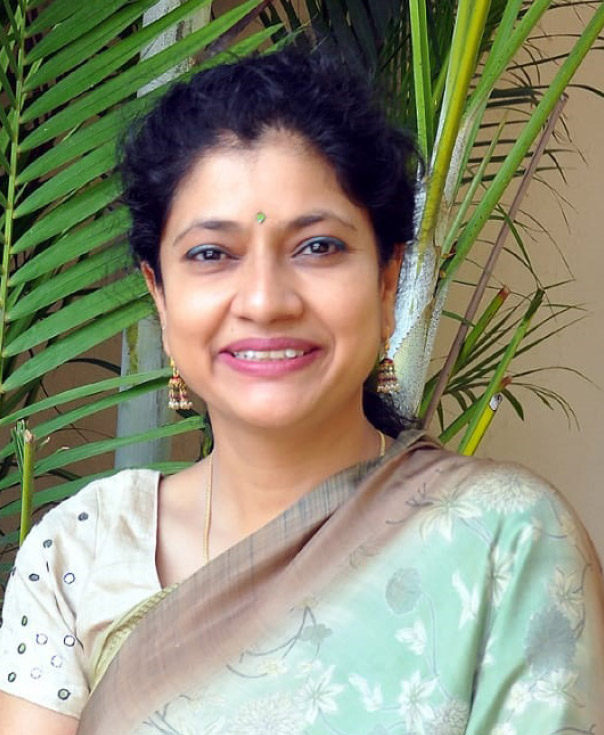
M.Phil., M.A., B.Ed., Associate director Gitanjali Group of Schools and Principal, Gitanjali Devshala, comes with an experience of over 25 years. She has been an educationist as well as a teacher trainer. She has been a dynamic leader not only in the school arena but also at various social forums.
The covid 19 Pandemic has had a profound effect on the education sector. The use of technology and disruptive strategies have taken a massive leap, moving forward many years. As we commence reopening physical schooling, we are now encountering the unnoticed influences of staying home for 18 months with online education. As per the UNESCO study more than 40 million children worldwide have missed out on early childhood education leading to a lack learning opportunities, social interactions and a stimulating environment. The Education Endowment Foundation research also suggests that the pandemic has deprived children of social contact and experiences essential for increasing vocabulary. Schools are now realizing that children need more guidance with communication skills, writing skills and emotional support.
As teachers and school leaders we need to be aware of the complex and sometimes traumatic experiences our children may be dealing with as a consequence of the pandemic. Challenging experiences at home, uncertainty, limited or no interaction with peer group, loss and bereavement, fear of stepping out are some of the challenges children have faced over these past few months. There is a need for patience and flexibility from the teachers and support from the school counsellor to work with the students and help them transition into a safe and comfortable school environment. Individual and group sessions for the students with the counsellor, teachers and leaders helped us create an environment of open communication and sharing.
When schools reopened at Gitanjali we realised expected student behaviours like respecting others, wishing teachers, accepting failures or tolerance of differences taking a backseat. The discipline of being in school and empathetic mentoring by the teachers is helping tide over this phase of readjustment.
Physical activity along with increased screen time has taken a toll on the physical well being of children. Designing a new curriculum that encourages both indoor and outdoor activity along with covid appropriate protocols is the need of the hour. Physical activities encouraging team work, skill development and dexterity were planned to encourage a healthy lifestyle.
We found that dynamic situations paved way for dynamic practices. This led to the transformation in teaching pedagogy at Gitanjali Schools, diminishing the learning gaps. Refresher training sessions helped empower our teachers in more effective ways for guiding the students. As children spend a majority of their formative years in school, we provided online and offline stimulation to develop their communication skills. We worked on activities for more exposure to the language with ample opportunities to speak and express their opinions. Asking and responding to questions whether online or offline, is an easy way to encourage communication and critical thinking.
To focus on the social development of children collaborative peer learning is encouraged through break out rooms which allow children to develop personal skills in collaboration with others. Projects and group activities using strategies like peer editing, similar ability groups, role plays, mock trials, team rotation etc help develop the core C’s in children at Gitanjali.
Today’s WIFI generation is used to getting information at the click of a button. They have become accustomed to instant gratification, constantly staying connected and multitasking in a multimedia world. To motivate and teach this generation we need to help then find the beauty in learning and help them realize the difference between information and knowledge. To help then disconnect from their devices we at Gitanjali decided to provide more engaging inquiry based, experiential learning opportunities in the classrooms. Blended learning strategies to suit the individual needs of each student and classroom were devised and implemented.
As educators we are all life-long learners. Rethinking, Relearning and Realigningis the new age mantra we need to live by, to stay ahead of the learning curve.
If we don’t change, we don’t learn
If we don’t learn, we can’t teach.
